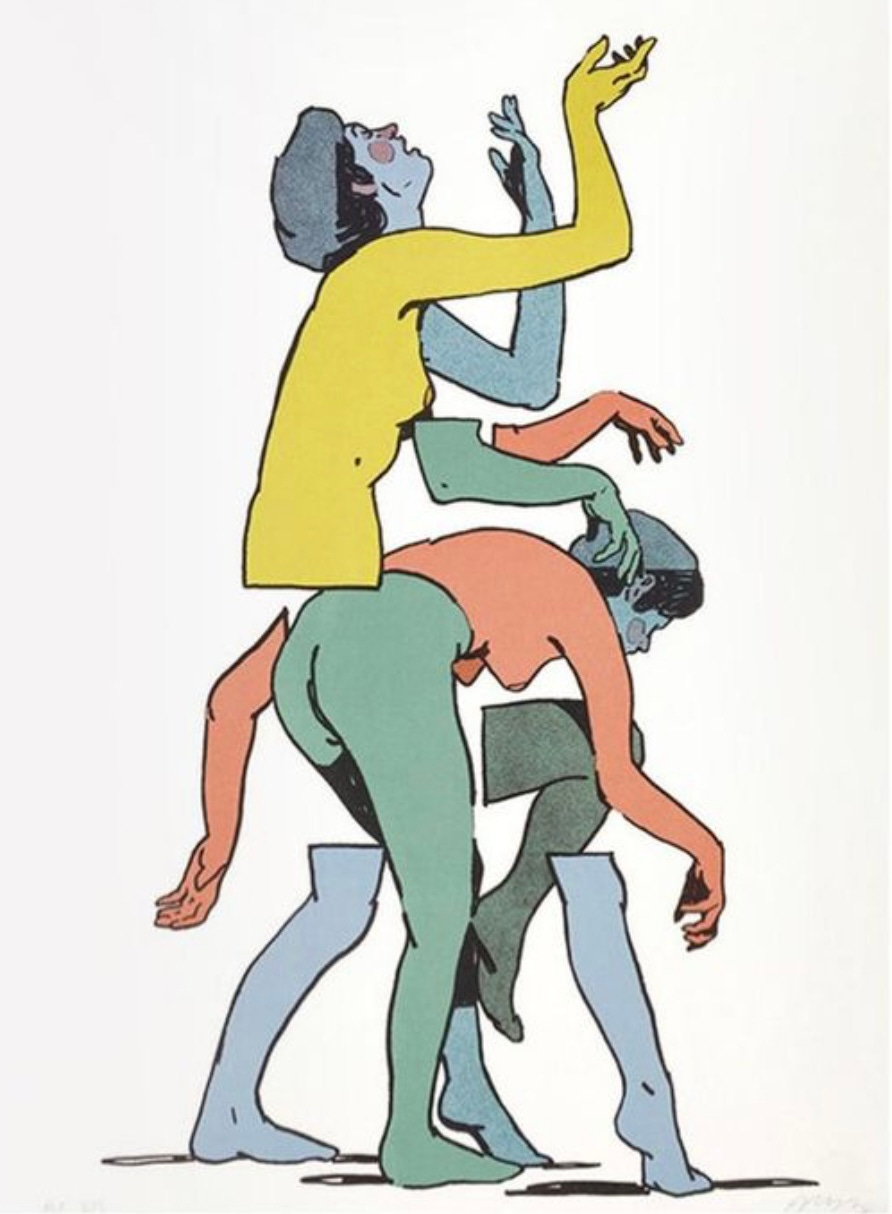I vaguely remembered an old cover of an English-language magazine from the time when China implemented the One-Child Policy in 1979. The cover featured a large baby in an emperor’s dress, symbolizing the notion that the only children were, in a way, treated like little emperors (小皇帝).
And, of course, it didn’t hesitate to associate an entire generation with stereotypes such as being spoiled, fragile, and overly pampered.
But how exactly did it influence people’s daily lives? Having lived through it, I’ve heard stories from the countryside about families secretly selling their daughters to keep their sons, or how wealthy families would rack up millions in tax fines just to keep their offspring. A significant number of babies were born without IDs (黑户). Even my mom once wondered if she could have another kid after me, saying, “she/he could keep you company”—though I’m pretty sure that was just her sentimental talk.
And of course, I didn’t realize this wasn’t the norm until I went to the States for my studies. My young host sister asked me if my friends were only children. When I said yes, she asked if we were lonely. I replied, “Everyone hangs out with each other, it’s not that lonely... or is it?”
Even though I fantasized about having a younger sibling, thinking it would be like getting a small puppy, the idea of sharing everything I had with another human didn’t sit well with me. I had a hard time learning how to share when I lived with my host families. Simple things, like not eating enough because I had to share with others, and constantly being reminded of that, were tough to learn.
I guess the question is, does being an only child make you selfish? Like a TV character? Think of Hannah from Girls—she dramatizes her OCD, asking her parents and boyfriend Adam to take care of her (Plot yet to be rewatched). Or does being an only child just give you the joy of being unapologetically selfish?
I read a bunch of social science papers and news reports about this, and was relieved to find out that being an only child doesn’t necessarily affect your personality. In fact, more and more parents are opting to have only one child, especially in China. One psychologist concluded that the only difference between only children and those with siblings is that “only children seemed to have stronger bonds with their parents”.
Sure.
I could count on one hand the number of friends who’ve cut ties with their parents, except for living off their financial support—what they call an “ATM machine” kind of relationship — because their family differences are so vast and deeply problematic that there’s no way to sort them out. If that counts as “strong.”
I asked friends on WeChat if they ever felt the need to “manage up” (向上管理) with their parents, and a handful said yes. Financial independence is needed to establish emotional and physical boundaries.
The pain of being an only child shows up more as you get older. Most of my friends’ parents are entering retirement. Besides the financial burden of taking care of parents alone, many are concerned about how to help their parents navigate the post-retirement phase—basically, how to help them find their “lay flat” identity.
Rather than concluding that "only children share stronger bonds with their parents," I think it’s more accurate to say that "only children bear the emotional baggage of their parents." When I pay 300 kuai each week for therapy, I often feel like half of that cost is due to my parents. My therapist and I have spent considerable time discussing my parents' personalities, carefully distinguishing which traits are theirs and which are uniquely mine.
Only children grow up carrying the burden of high expectations from their parents, according to Psychology Today and most of my peers. For me, it feels like carrying two high-maintenance partners—it's the first triangle love a kid can experience. And I wonder how much of this “laying flat” trend has to do with rebelling against those high expectations and trying to heal some generational trauma.
To dig deeper, a psychologist’s term “triangulation” comes to mind. According to Verywell Mind, triangulation is when a person uses threats of exclusion or manipulation as a form of control, often speaking behind someone’s back.
I recall so many times when I was talking about something with my mom, and my dad would be making faces behind my back (literally), or vice versa. It lightened the mood, but in worse situations, it could be damaging.
The reason I’m reflecting on being an only child this week is due to a recent family drama. The pattern of blame has become crystal clear. My therapist reminded me that it all started when I was little. When I made a mistake, my mom was the one who took the blame. My dad rarely punished me, and my mom had to shoulder the responsibility because it was her job to educate me. Since someone else was punished for my mistakes, it partially shaped my personality to fear confrontation due to the cruelty of it. In my therapist’s words, “Every time there’s a confrontation, the past family trauma is triggered.”
It all made sense now! So much for the pain of an only child, to be continued.
Until next week,
Rachel




